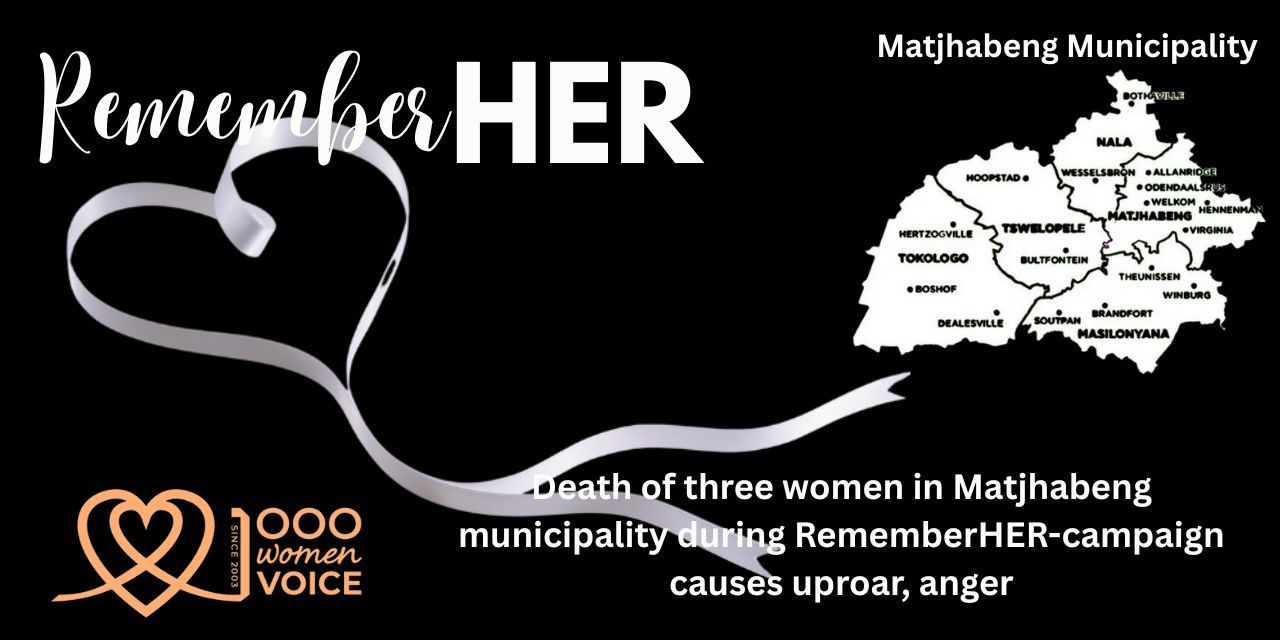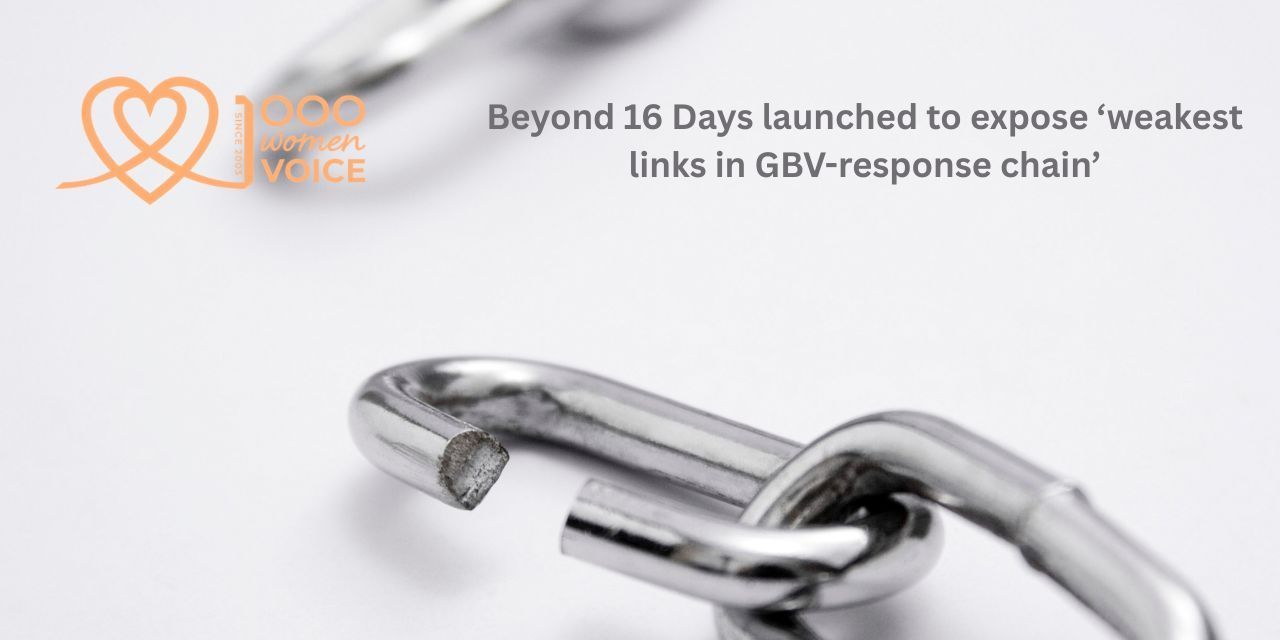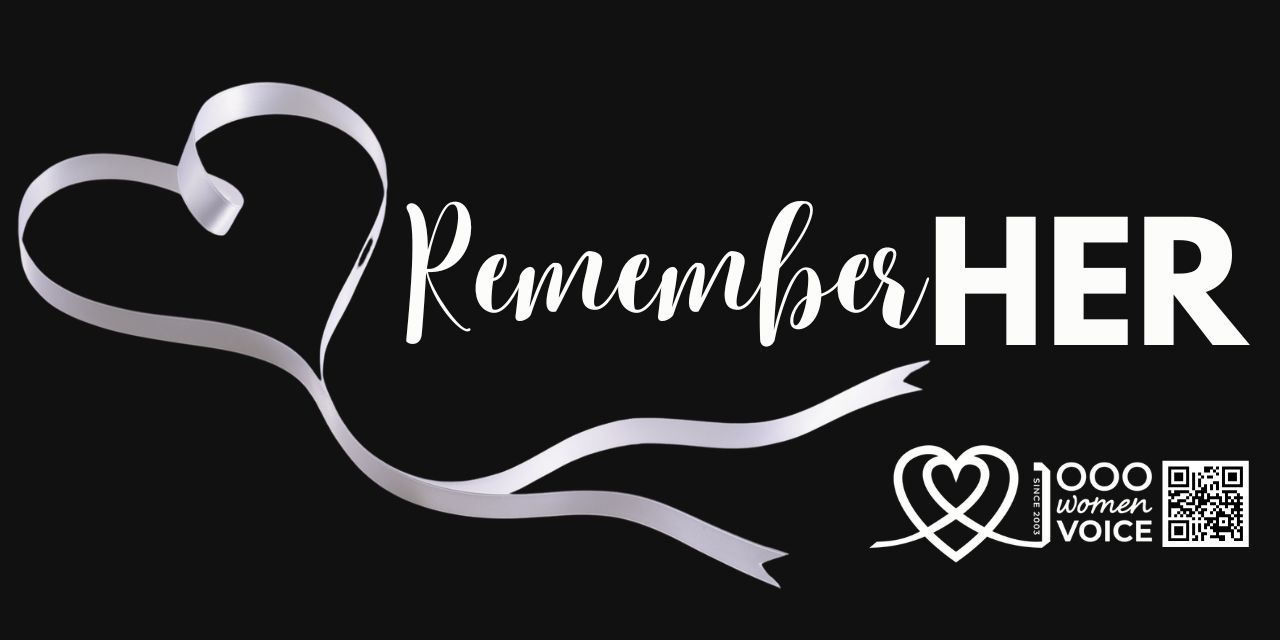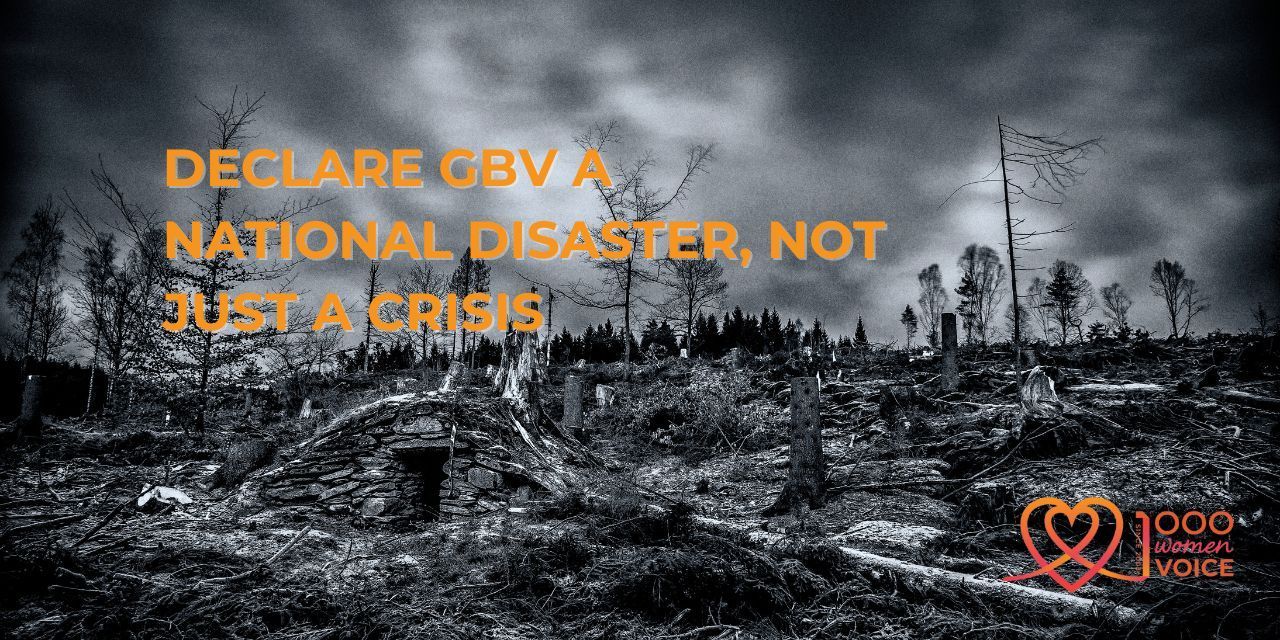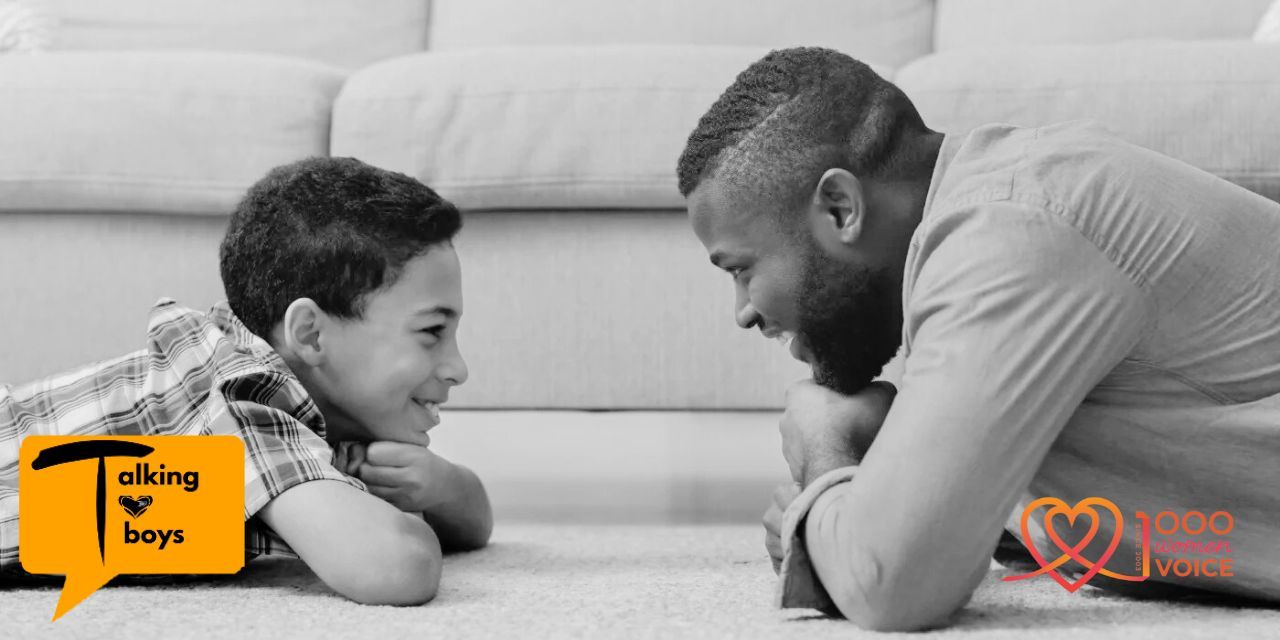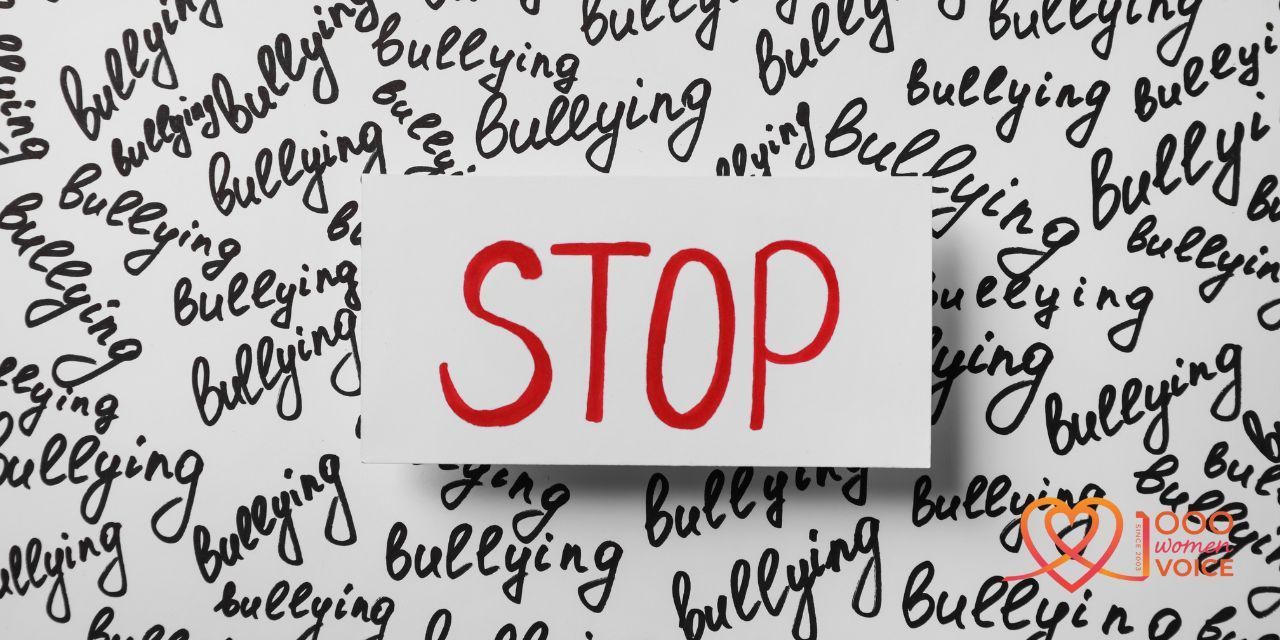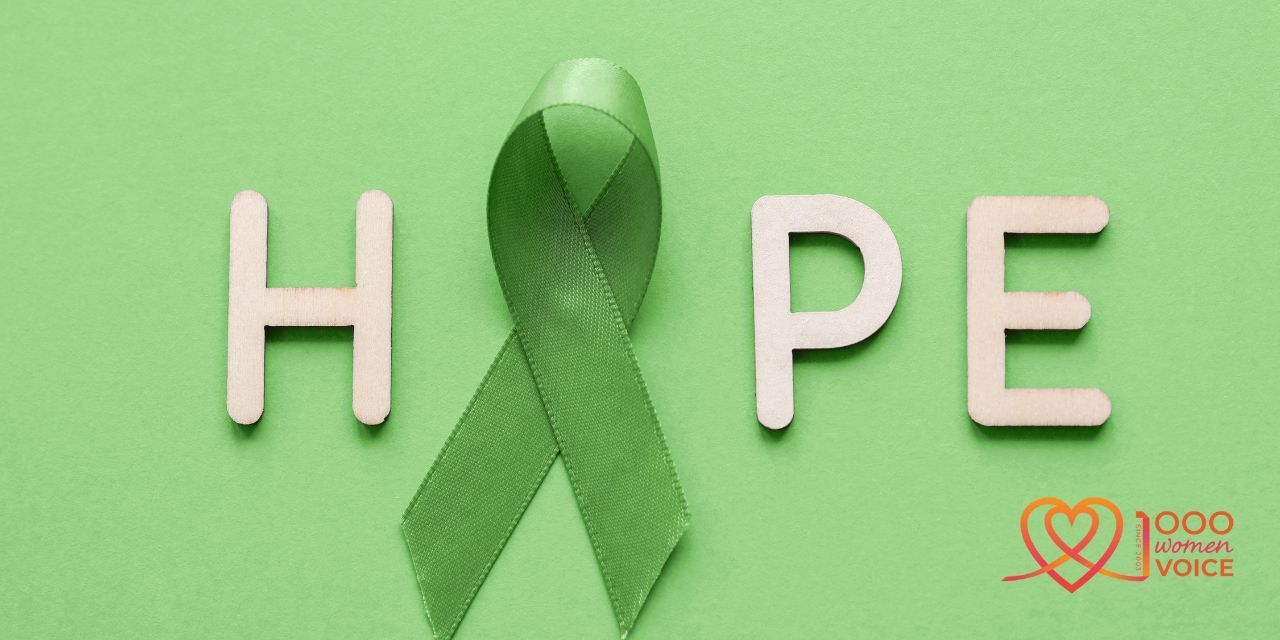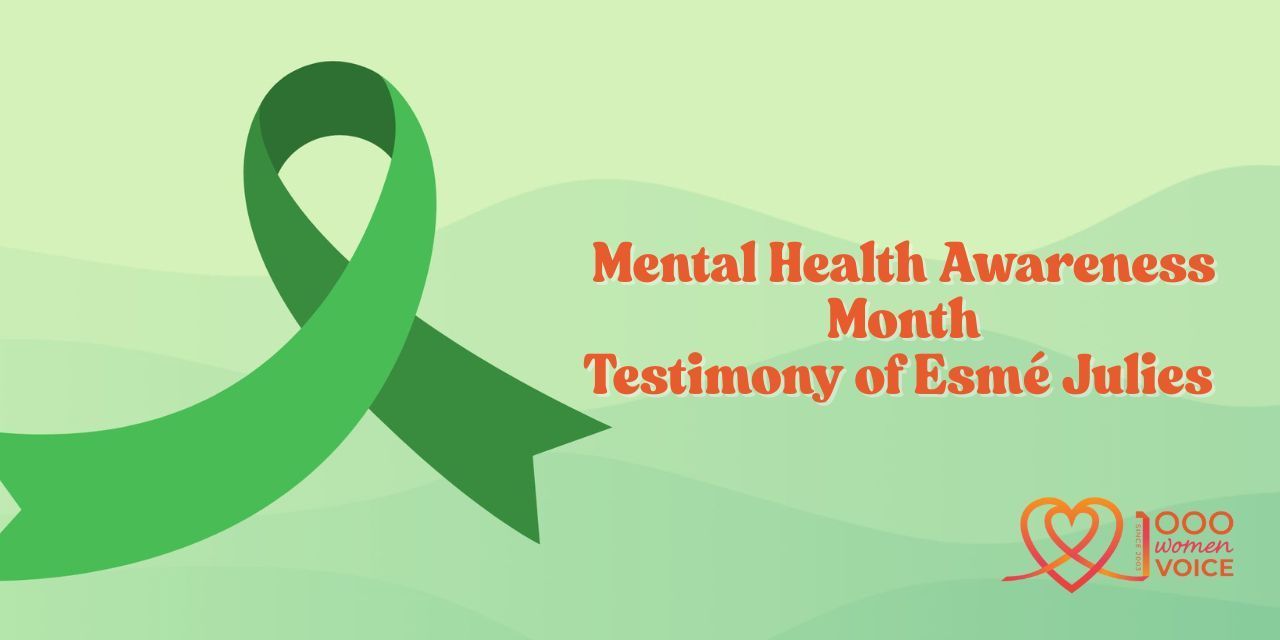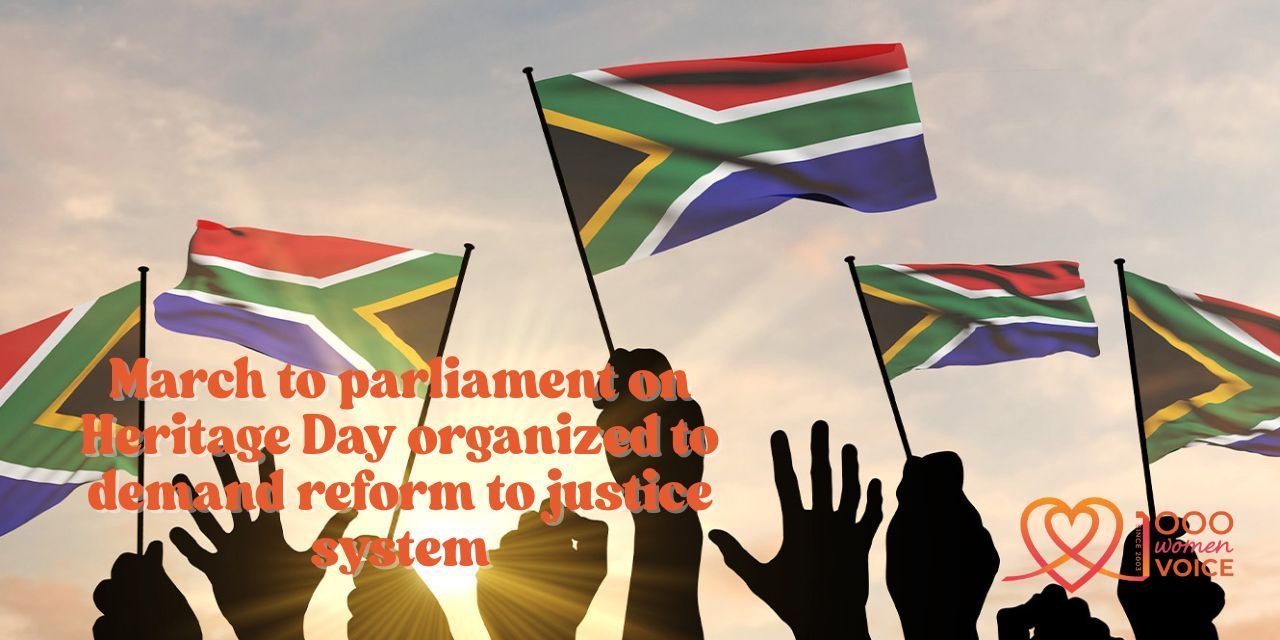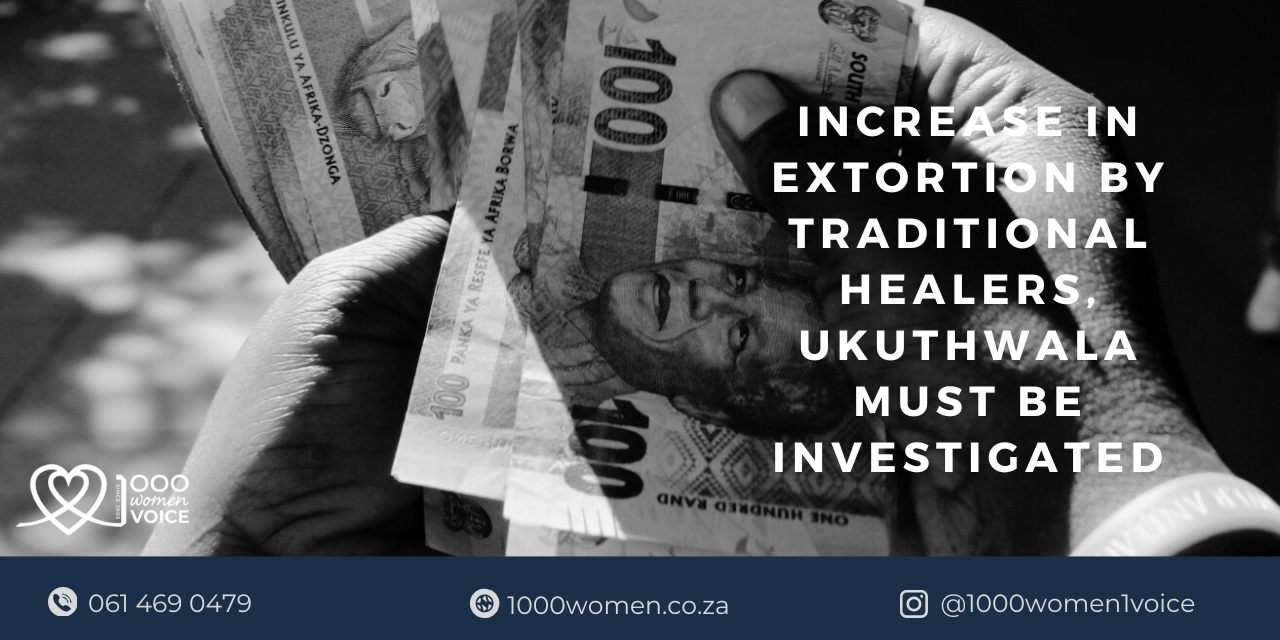Human Rights Day in SA is also Women Rights Day
CAPE TOWN. –
21 st March 2021 is a public holiday – Human Rights Day – in honour of human rights and to commemorate the horrific Sharpeville massacre in 1960 when 69 people who demonstrated against pass laws were killed by police and 180 others were injured.
Yet, while commemorating the Sharpeville massacre on Human Rights Day in South Africa, the people of this country will also have to commemorate all the women and girls who have been subjected to gender-based violence – thousands of whom have been killed.
Yes, Human Rights Day is also Women Rights Day in South Africa.
Femicide and rape in South Africa is on the increase.
In 2o18 the Department of Justice filed a report on crime against SA women and noted that while the murder rates of both men and women declined steadily between 2000 and 2015, the murder rate of women (femicide) increased steadily by 117 % between 2015 and 2016/2017.
The number of women who experienced sexual offences also jumped from 31665 in 2015/2016 to 70813 in 2016/2017, an increase of 53 %,
In the 2019/2020- period, the police reported that 2695 femicides were committed, which meant that a South African woman was killed by their intimate partner every three hours.
.There was an increase of 5 % in sexual offences in the period between October and December 2020. A total of 12 218 people were raped between October and December last year.
More than 4900 of the rape incidents took place at the home of the victim or the home of the rapist.
In its World Report 2021, Human Rights Watch stated that Pres. Cyril Ramaphosa acknowledged that South Africa had amongst the highest levels of intimate partner violence in the world. As much as 51 % of South African women have experienced violence at the hands of someone with whom they were in an intimate relationship. He described violence against girls and women as South Africa’s second pandemic, and called on residents to end the culture of silence around gender-based violence and report perpetrators to the South African Police Services.
In September Ramaphosa said three bills to amend the Criminal Law, Criminal and Related Matters Act and the Domestic Violence Act has been introduced in parliament to fill the gaps that allow perpetrators of these crimes to evade justice and to give full effect to the rights of South Africa’s women and children.
But what more can be done to address the scourge of gender-based violence in the country?
Firstly, the South African hearts and minds must change regarding women.
It is generally accepted amongst most NGO’s and advocacy groups combating gender-based violence that there is a rape culture evident in South Africa.
Two of the most powerful agencies of change in South Africa, is faith communities and the schools. But are these change agents successful in challenging perpetrators of sexual violence against women and girls?
In a study on the role of faith communities in prevention and response to sexual and gender-based violence, Dr Elisabet le Roux said on of the key challenges to faith involvement in the prevention of gender-based violence is the patriarchal nature of many faith groups and communities.
Dr Le Roux warns that the way faith leaders interpret religious texts at times facilitates and justifies gender-violence. Beliefs that justify and enable violence are preached and condoned. These include beliefs such as that wives should be submissive and that women are the property of men.
Dr Le Roux is research director at the Unit for Religion and Development Research of the Stellenbosch University.
According to the census of 2011, 84.18 % of South Africa respondents said they embrace the Christian faith, while 0.97 % said they were Muslim believers.
The 25000 schools in South Africa and an educational system sharing values on gender equality and non-violence against women and girls, can play a pivotal role in addressing gender-based violence.
Recently, 1000 Women Trust embarked on a major national campaign to inspire parents to pledge to #MakeTime to teach their sons about the importance of respect, boundaries and consent in their relationship with girls.
During the campaign there was major national traction on digital media platforms, radio, TV and the print media, as more than 20 interviews were contracted with Tina Thiart, director of 1000 Women Trust, and Caroline Peters, director of the organisation, on the importance of #MakeTime.
Secondly, the justice system and the SAPS that is failing South African women must be improved drastically.
The 2016/2017 annual report by the National Prosecuting Authority showed a 91.8 % conviction rate for copper theft.
Yet, a report entitled Rape Justice in South Africa, conducted by the Medical Research Council on behalf of the National Prosecuting Authority revealed that only 8 % of rapists brought to court are convicted. (Source: Graeme Hosken, Sowetan Live).
If the conviction rate is not increased drastically, South Africa won’t be able to address rape and femicide successfully and turn the tide against gender-based violence.
Thirdly, South Africans must change their perceptions.
One of the findings of the Crime against Women in South Africa report released by Statistics in South Africa in 2018, is that 3.3 % of men and 2.3 % of women say it was acceptable for a man to hit a woman.
According to the same report, 67 % of men and 73 % of women said women should enjoy the same constitutional rights as men in South Africa.
These perceptions amongst men and women must be challenged and changed if South Africa wants to end gender-based violence.
Fourthly, organisations like 1000 Women Trust must continue to empower women and facilitate programs to provide jobs for women so that poverty is eradicated amongst women and so that they become less vulnerable to gender-based violence.
The Borgen Project report (August 2020) quotes the South African Living Conditions Survey and states that 52.2 % of women in the country are living below the Upper Bound Property Line – which means they earn less than R1 183 per month.
Currently, 1000 Women Trust also facilitates 45 community soup kitchens which feeds 20 000 people daily.
1000 Women Trust is a major force in creating national awareness of women who have been victims of gender-based violence, while amplifying the voices of women and creating a better future for them.
By investing in monetary terms in 1000 Women Trust, members of the public will also invest in the empowerment of women, and in the education of boys and men to secure a better future for all.
Part of the vision of the National Development Plan for 2030 is that people living in South Africa should feel safe at home, at school and at work and that they enjoy a community life free of fear. Women should walk freely in the streets and children play safely outside, the vision states.
But the vision is for 2030. South Africa will f0rsake its constitutional duty towards the rights of women if they wait for another nine years. It must act now to eradicate the second South African pandemic, gender-based violence.
